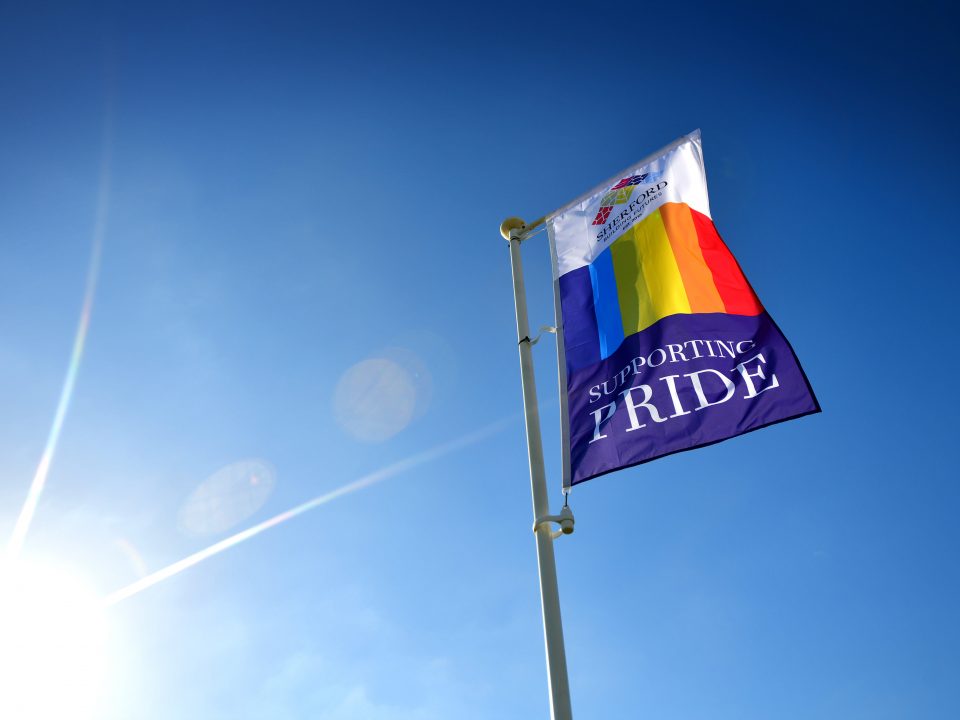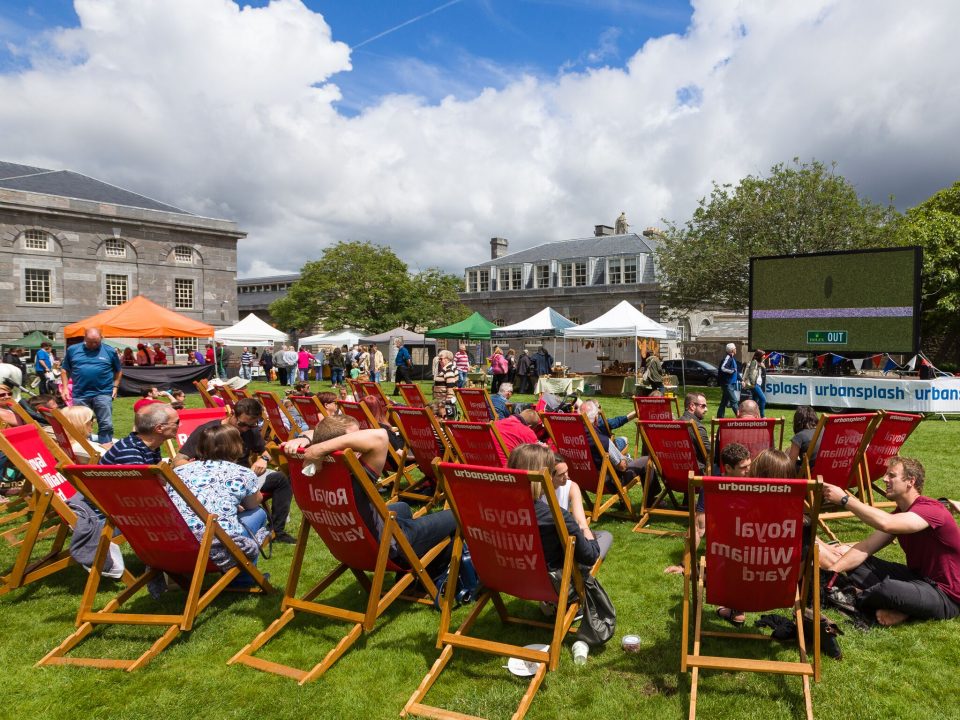History Runs Deep in Devon

Eating in the Riverford Field Kitchen is Something To Remember
7th January 2016
Gables Farm: A New Year’s Resolution You Can Keep
7th January 2016It may seem hard to believe, but some of the most important and influential figures in the history of Great Britain came from Devon. They have all left their giant marks on the pages of history and their influences can be seen not only in Devon but all over the world. Here we look at four of the biggest historical figures from Devon and take a look at what made them such important figures in the history of our country.
Sir Francis Drake (1540 to 1596)
Drake was born in Tavistock and is perhaps the most famous person from the Plymouth area. A hero to the British and a villain to the Spanish, Drake was instrumental in the defeat of the Spanish Armada in 1588. Drake was also the second ever person to circumnavigate the world from 1577 – 1580. On this expedition, he discovered Elizabeth Island, one of England’s first discoveries in the New World, and later Nova Albion or “New Britain”. A year after he returned, he was knighted aboard his ship The Golden Hind. The same year he became Mayor of Plymouth and was a Member of Parliament in 1583.
Legend has it that upon being warned of the approach of the Armada in 1588, Drake was playing bowls on Plymouth Hoe and decided not to finish his game as he believed that he had plenty of time to finish and still defeat the Armada. Upon his death, Drake was buried at sea in a lead coffin which has still not been found by divers. Drake’s influence in Plymouth can be seen in the naming of several locations in Plymouth such as H.M.S. Drake, Drake Circus, and Drake’s Island.
 Robert Falcon Scott 1868 to 1912
Robert Falcon Scott 1868 to 1912
Scott was born in Plymouth and was famous for the fact his name is almost synonymous with Antarctica based on his two expeditions to the Antarctic and their tragic ending. The first expedition, the “Discovery Expedition”, from 1901 – 1904 resulted in Scott becoming the first person to discover the Polar Plateau which is the area containing the South Pole. Following the success of his first expedition, Scott planned for a second expedition to be the first to reach the South Pole. In addition to the exploration objective, the “Terra Nova Expedition” from 1910 – 1913 was also a scientific expedition. During their voyage, Scott and his team discovered fossils which proved that Antarctica was once forested and joined to other continents, supporting the new claim that the Earth was once one super-continent which gradually split into the seven we now know.
Scott and his team reached the South Pole on 17th January 1912 only to discover that they had lost out to the Norwegians, mainly due to the fact that they utilised dogs who were more accustomed to the harsh environments than the British horses were. On the return journey, a lack of supplies, lack of will, and severe exhaustion led to the unfortunate death of Scott and his men.
Dame Agatha Christie (1890 to 1976)
Christie was born in Torquay and is the best-selling novelist of all time, boasting the third most publications of any author’s works as well as being the most translated individual author.
Often referred to as the “Queen of Crime”, Christie published 66 detective novels and 14 short story collections including such notable works as “Murder on the Orient Express” and “Death on the Nile”. She is also responsible for creating the iconic detective characters Hercule Poirot and Jane Marple. Her play “The Mousetrap” holds the record for the longest initial run on the West End starting in November 1952 and it is still running with over 25,000 performances to date. Agatha Christie remains one of the most influential authors of all time and she is considered a master of suspense.
Sir Walter Raleigh (1554 to 1618)
Raleigh was born in East Budleigh and was an important figure in the English colonisation of North America. He also popularised tobacco in Great Britain. Twice he attempted to establish settlement on Roanoke Island in what is now North Carolina; both failed after the war with the Armada led to a delay in supplies. This ultimately resulted in the disappearance of the colonists. The fate of the colonists is still unknown, with the only clue being the word CROATOAN carved into a tree suggesting that they fled to Croatoan Island.
Raleigh later discovered Guyana in an attempt to locate the legendary “city of gold” also known as “El Dorado” although it is said that he greatly exaggerated his findings. In his second expedition to find “El Dorado”, Raleigh was unsuccessful resulting in his men ransacking the Spanish outpost of San Tomé which violated the peace treaties with Spain. This resulted in his execution in the Old Palace Yard in the Palace of Westminster.




